Best Portable and Digital Keyboards for Beginners
Questions? or if interested in piano lessons, please email us at info@88KeysMusicAcademy.com or call 626.445.KEYS (5397)
Purchasing a piano for your beginner can be quite a daunting task. The options are endless: upright acoustic pianos, grand pianos, digital keyboards. Beyond that, these days many different companies manufacture reliable pianos from Yamaha to Kawai. Pianos are quite the investment, so it is imperative that enough research goes into looking for a keyboard that will be the best fit for the beginning pianist. Here are our picks for portable and digital keyboards for beginners.
What to Look for in a Beginner Keyboard
Before we dive into the keyboards, let’s briefly go over what makes a keyboard beginner-friendly:
- Weighted or semi-weighted keys that mimic a real piano’s feel
- Touch sensitivity to develop dynamic playing
- Portability for flexible practice spaces
- Connectivity options for apps and recording
- Sound quality that inspires consistent practice
- Now let’s explore some standout choices.




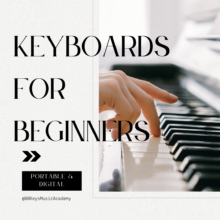
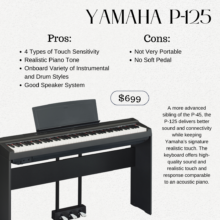

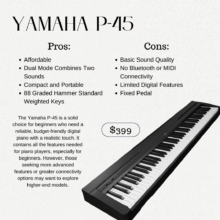
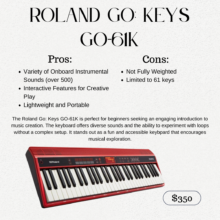
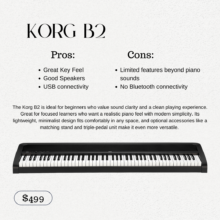
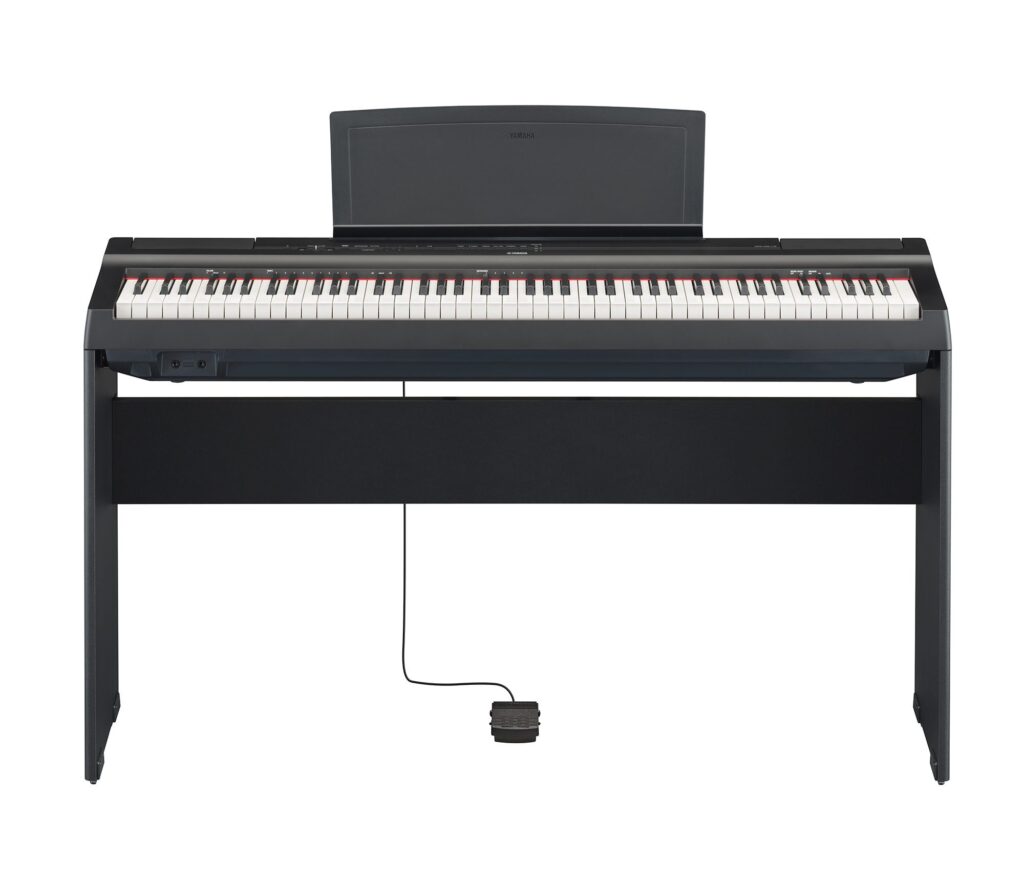 Pros:
Pros: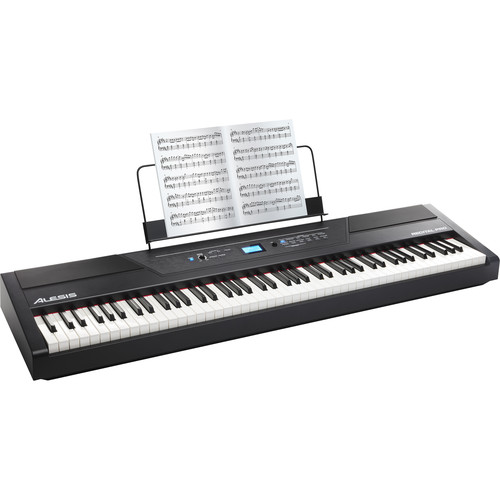 Pros:
Pros: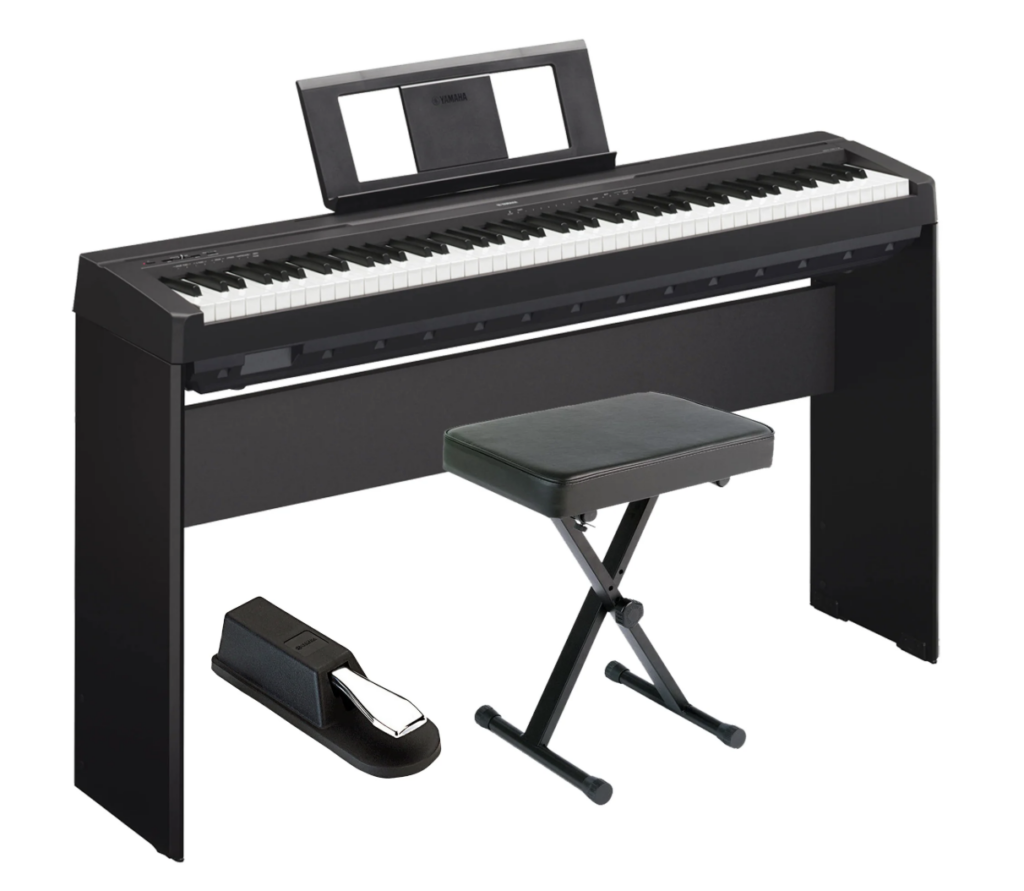 Pros:
Pros: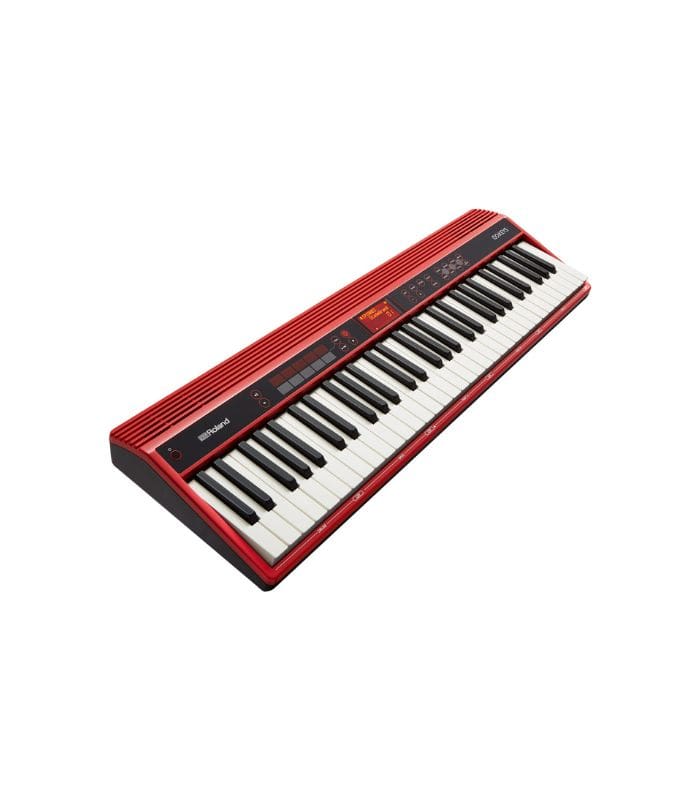 Pros:
Pros: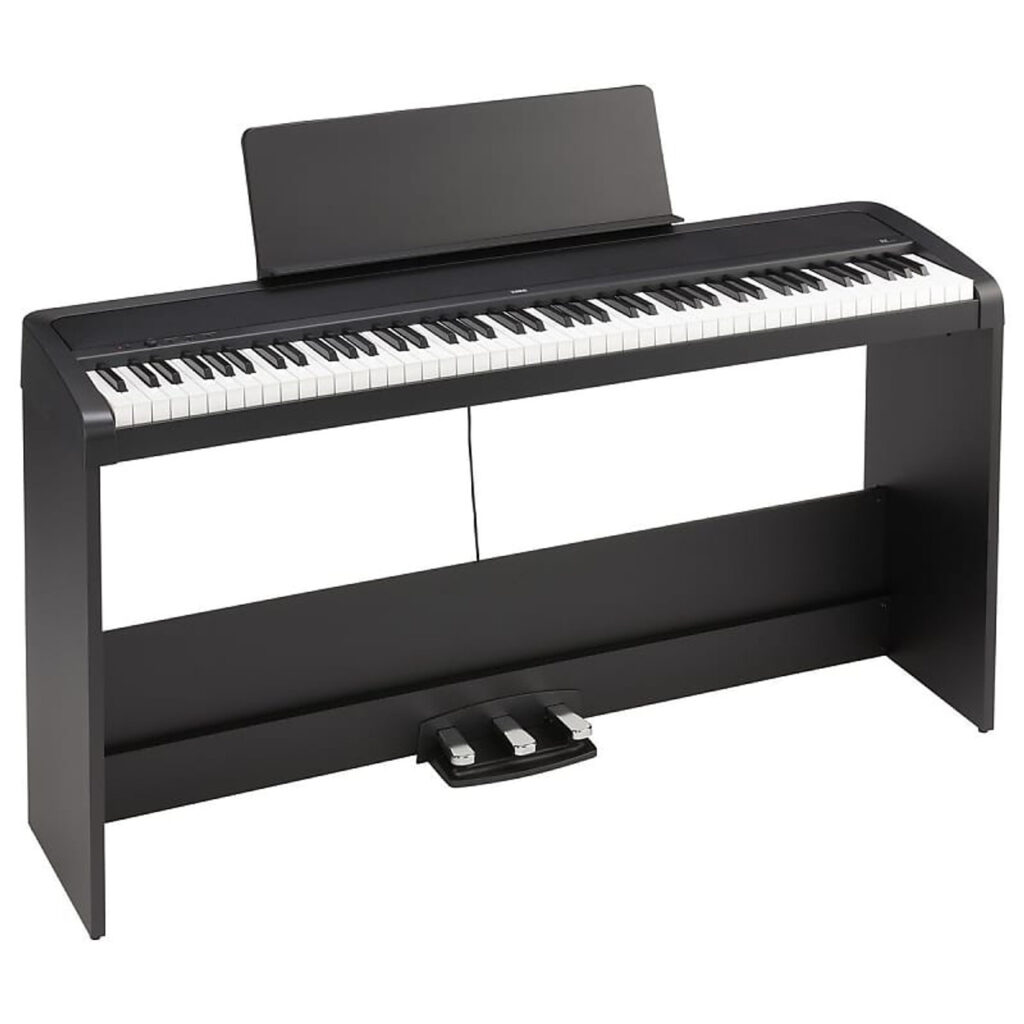 Pros:
Pros: